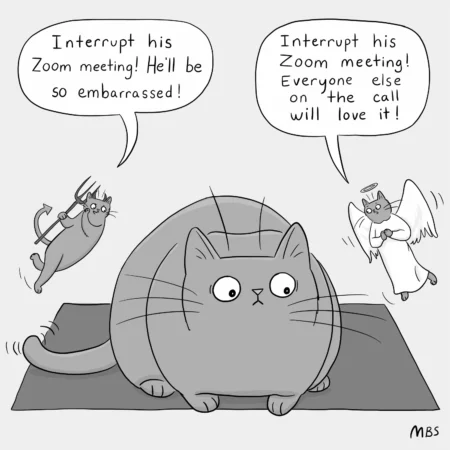
Win Win


“This is why some conservatives need to stop eating their anger porridge every morning . . . for those who have been around the kind of things I write, you will know that I believe we are supposed to have enemies. And I also believe that it is most necessary that we fight them. At the same time, and this cannot be emphasized too much, we are under the strictest of orders to love our enemies (Matt. 5:44; Luke 6:27,35). Love is not inconsistent with a vigorous polemic. It is not inconsistent with prophetic rhetoric. It is inconsistent with scurrilous abuse.”
American Milk and Honey, pp. 10-11
Introduction: Some have raised a question about the propriety of my Haman letter at such a time as this. The question is whether we really need to debate this Jew thing during this season of Christmas. ...
“It is hard to see straight and see red at the same time.”
American Milk and Honey, p. 9
Letter to the Editor: Excuse me? Did you just equate the faithful supplanter bride Esther with those who were given a certificate of divorce? In case I’m reading the story wrong didn’t ...
“Our modern political tangles are a veritable festival of envy, everywhere you look. Trying to find envy in our political disputes—and especially when it involves the Jews—is like trying to find some beads at the New Orleans Mardi Gras parade.”
American Milk and Honey, p. 9
Dear comrades and brothers in arms, I am writing to you three weeks after the funeral of Haman, and two weeks after the horrific putsch, orchestrated by that pestilent fellow (((Mordecai))). Insolent Jew. Pretends to be loyal to the God of his fathers, but then swanks around in that adopted name of Mordecai—dedicated to Marduk, …
Sermon Video Introduction: As we continue meditating on the meaning of Advent, we are not really resisting attempts to make Christmas meaningless so much as we are fighting with alternative meanings. ...
“Envy sharpens its teeth every night.”
American Milk and Honey, p. 8
